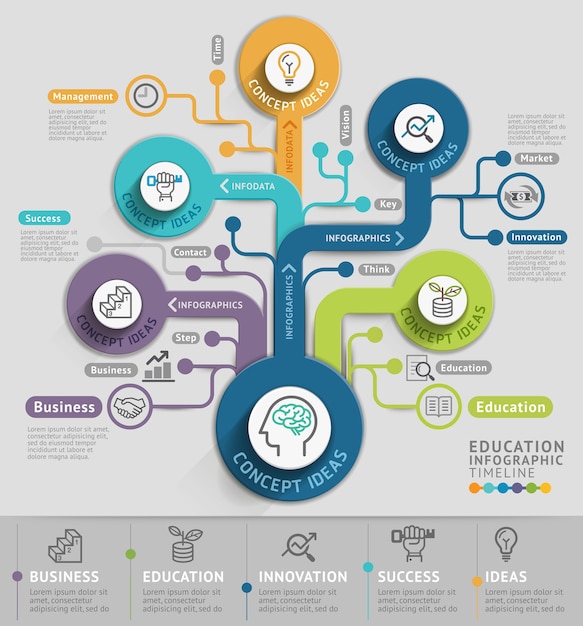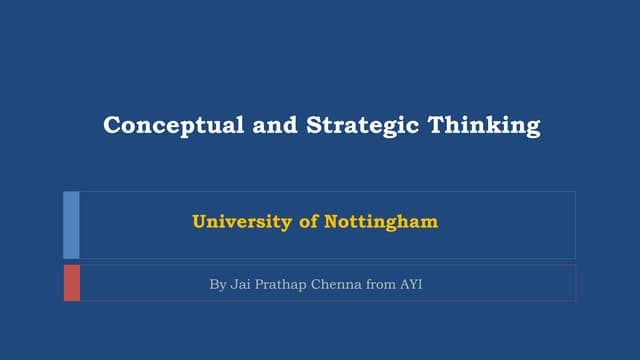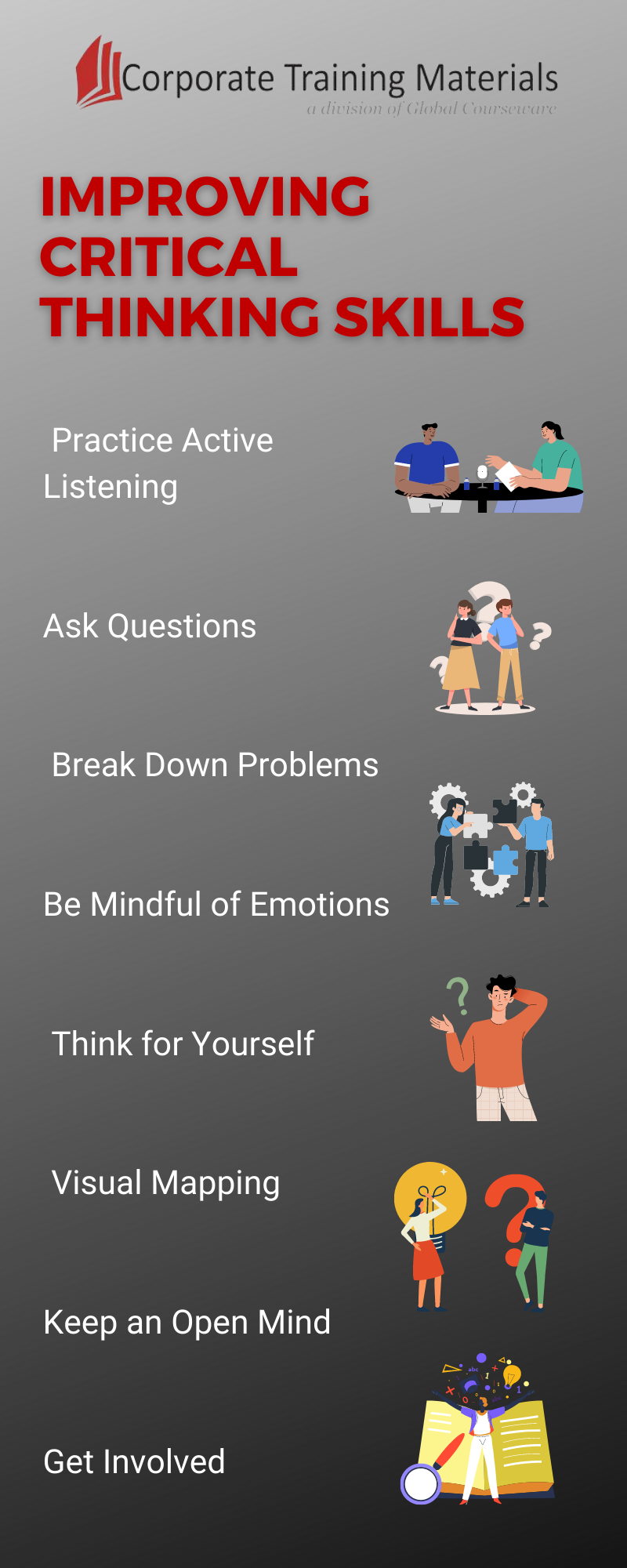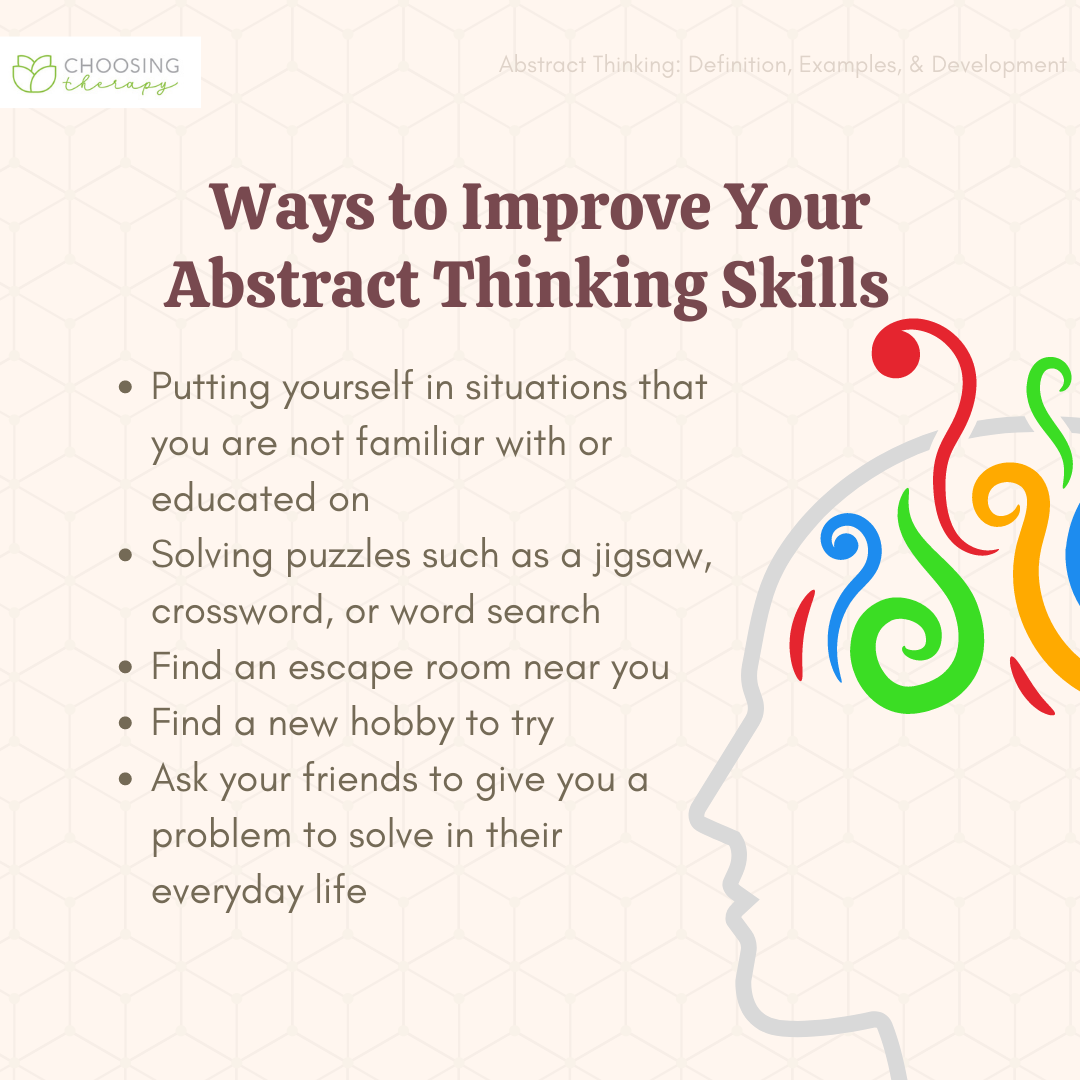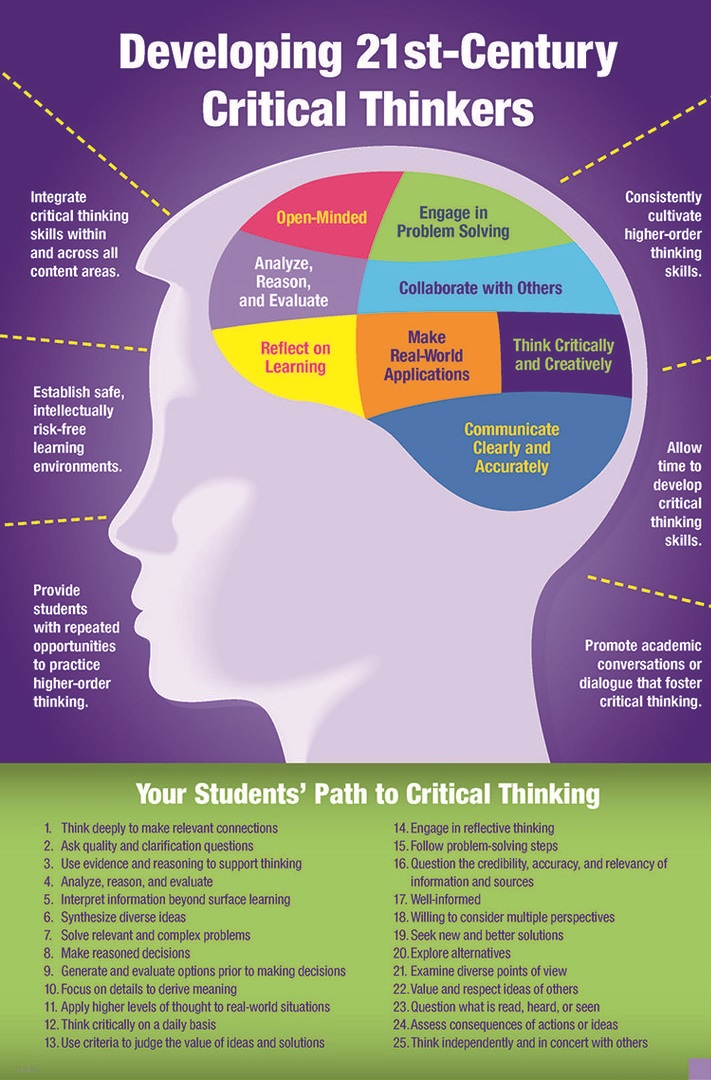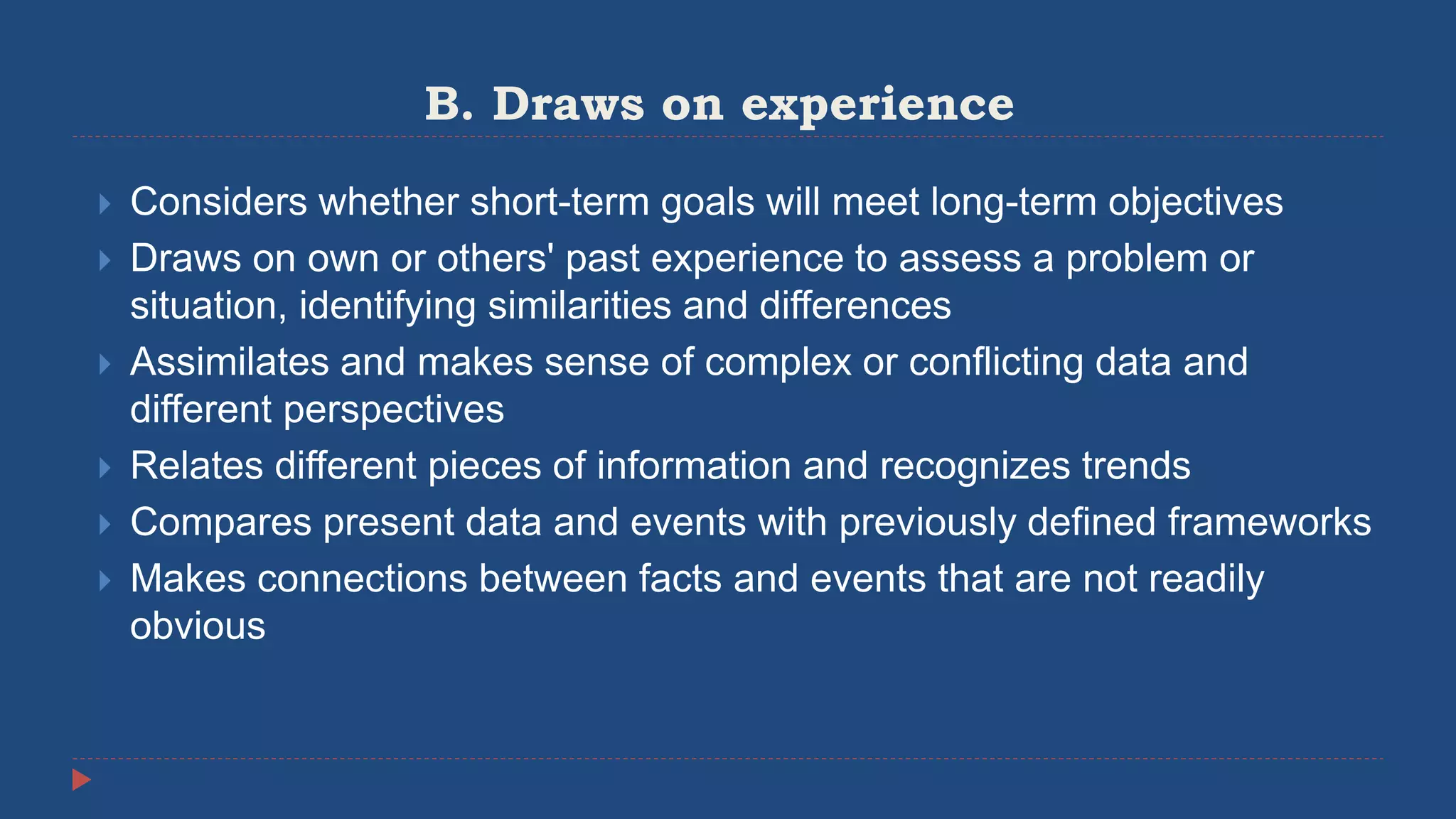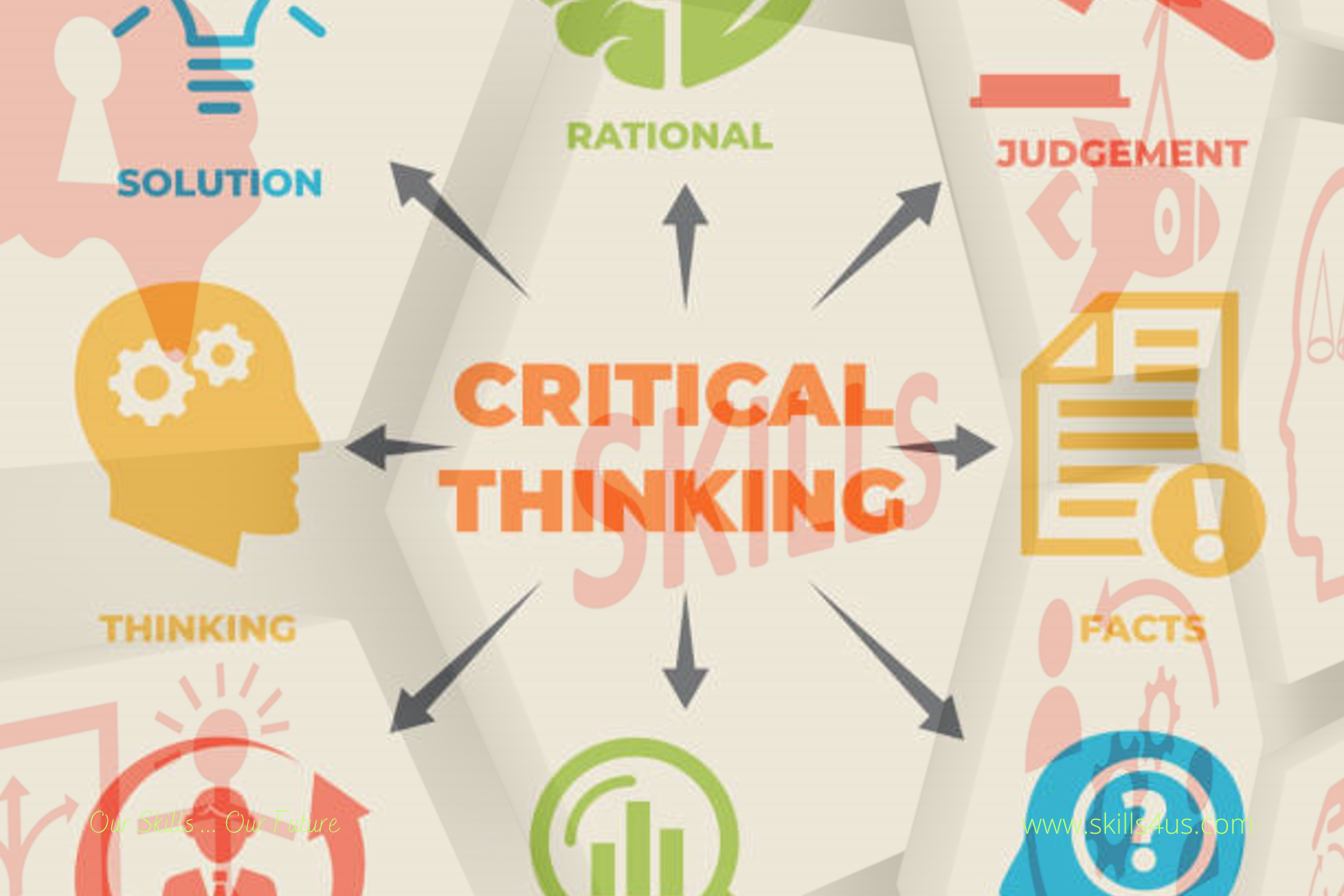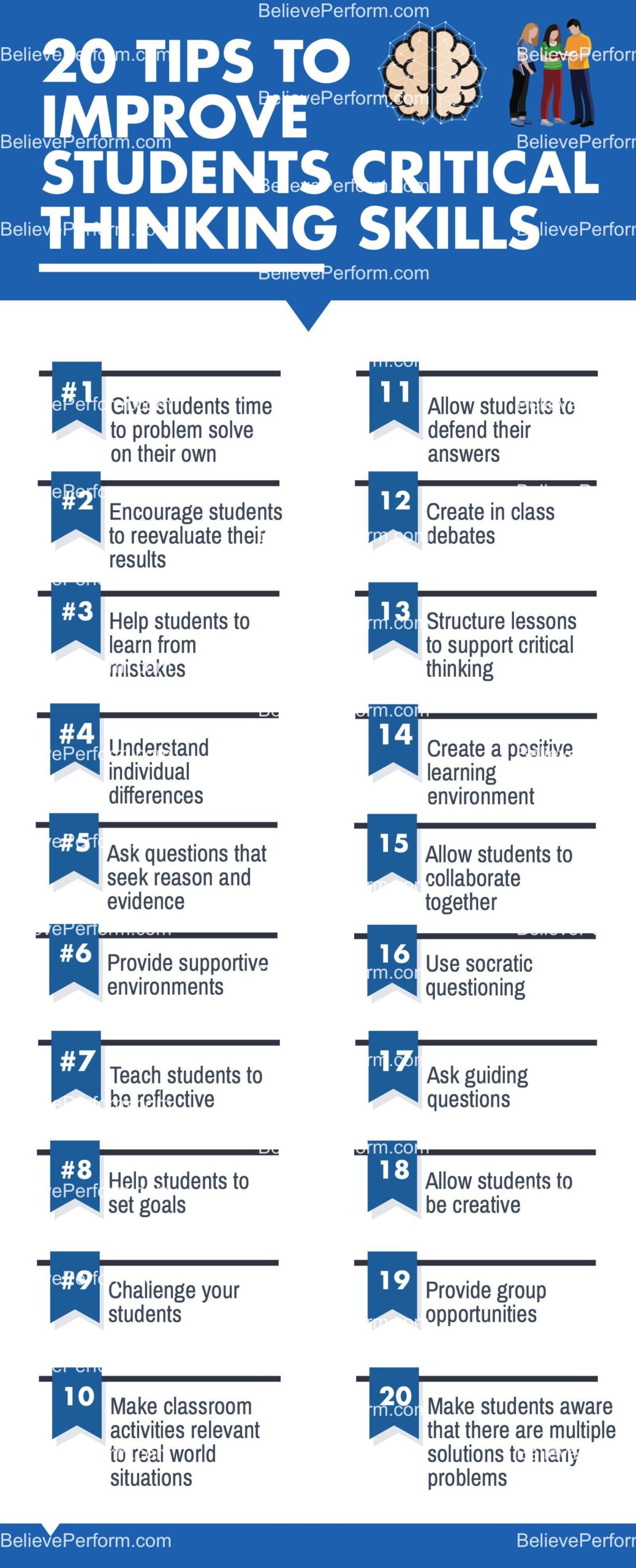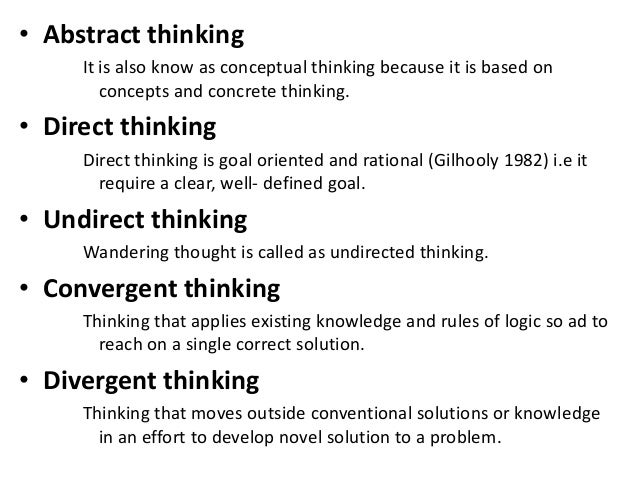How To Improve Conceptual Thinking
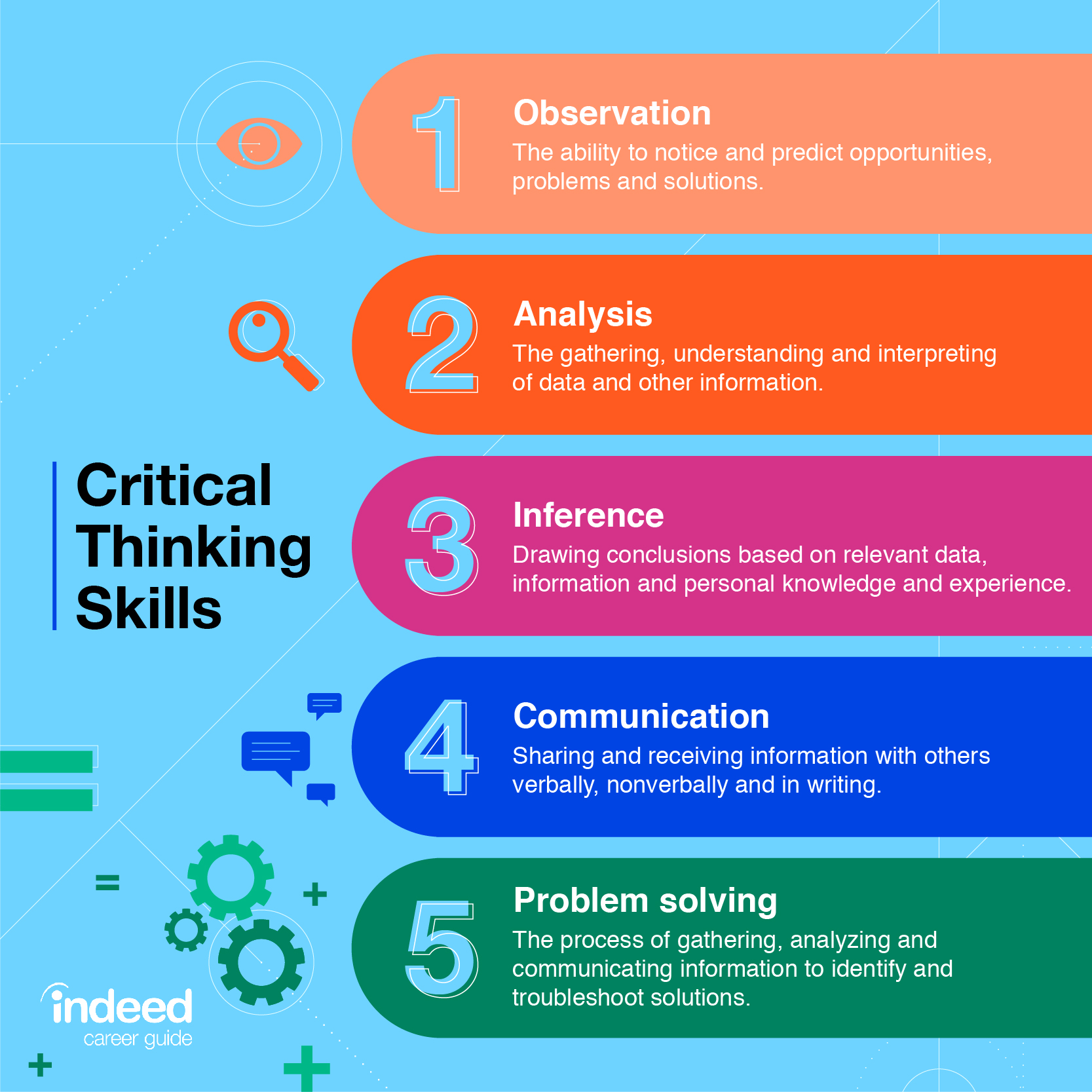
Imagine sitting on a park bench, watching the leaves gently fall, each one a unique masterpiece of nature. You start to wonder not just about the colors, but about the intricate systems that cause the leaves to change, the weather patterns that influence the season, and even the history of the trees themselves. This isn't just observation; it's the spark of conceptual thinking, a skill we can all cultivate.
Conceptual thinking, the ability to understand abstract ideas and connect seemingly disparate concepts, is a cornerstone of innovation, problem-solving, and effective communication. It's not an innate talent, but a muscle that can be strengthened through deliberate practice and mindful engagement with the world. This article explores practical strategies to enhance your conceptual thinking skills, transforming you from a passive observer into an active architect of ideas.
Understanding the Foundation
At its core, conceptual thinking is about seeing beyond the surface. It involves identifying patterns, understanding relationships, and creating mental models to explain complex phenomena.
It's the difference between memorizing facts and understanding the underlying principles that govern them.
The Building Blocks: Knowledge and Experience
A solid foundation of knowledge is crucial. You can't connect dots if you don't know where the dots are!
Read widely, explore different disciplines, and stay curious about the world around you.
Complement knowledge with experience. Real-world application helps solidify theoretical understanding.
Cultivating Curiosity
Conceptual thinking thrives in an environment of curiosity. Ask "why" and "how" relentlessly.
Don't accept information at face value; probe deeper, challenge assumptions, and seek alternative perspectives.
Embrace the discomfort of not knowing, as it's the first step towards discovery.
Practical Strategies for Enhancement
Conceptual thinking isn't just about abstract theory; it's about practical application. Here are some concrete strategies to weave it into your daily life.
Mind Mapping and Visualization
Mind mapping is a powerful technique for visually organizing thoughts and connecting ideas. Start with a central concept and branch out with related ideas, keywords, and images.
This visual representation helps to reveal patterns and relationships that might otherwise be hidden.
Engage in Active Reading
Don't just passively read; actively engage with the text. Summarize each paragraph in your own words.
Question the author's assumptions, and relate the concepts to your own experiences. Look for ways the information connects to other topics you are familiar with.
Practice Asking "What If?"
This simple question can unlock a world of possibilities. Play with scenarios, experiment with different outcomes, and explore the consequences of various actions.
"What if we changed this variable?" or "What if this assumption is incorrect?" – These questions prompt innovative thinking and creative problem-solving.
Embrace Diverse Perspectives
Seek out conversations with people from different backgrounds and viewpoints. Exposing yourself to diverse perspectives broadens your understanding and challenges your own assumptions.
Actively listen to understand their reasoning, even if you disagree with their conclusions.
According to research on cognitive diversity, diverse teams are often more innovative and effective at problem-solving.
Journaling and Reflection
Regular journaling provides a space for reflection and self-discovery. Use it to explore your thoughts, analyze your experiences, and connect the dots between seemingly unrelated events.
Try prompting yourself with questions like, "What did I learn today?" or "How can I apply this to a different situation?"
The Significance of Conceptual Thinking
The ability to think conceptually is becoming increasingly important in today's complex world. It allows individuals to navigate ambiguity, adapt to change, and create innovative solutions.
In professional settings, conceptual thinkers are highly valued for their ability to strategize, solve complex problems, and communicate effectively.
As Albert Einstein once said,
"The important thing is not to stop questioning. Curiosity has its own reason for existing."
Looking Ahead
Improving conceptual thinking is a lifelong journey. Be patient with yourself, embrace the challenges, and celebrate the small victories along the way.
By consistently applying these strategies, you'll not only enhance your cognitive abilities but also unlock a deeper understanding of the world around you.
Continue to explore, question, and connect, and you'll find that the world opens up in unexpected and rewarding ways.






